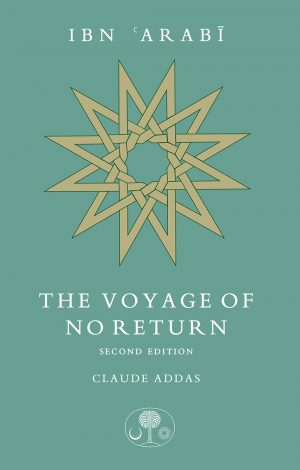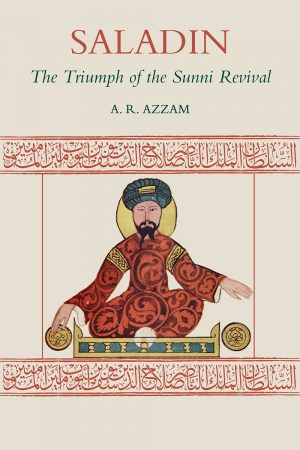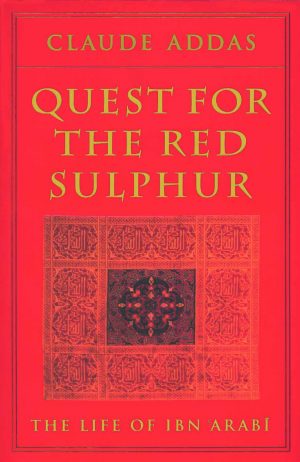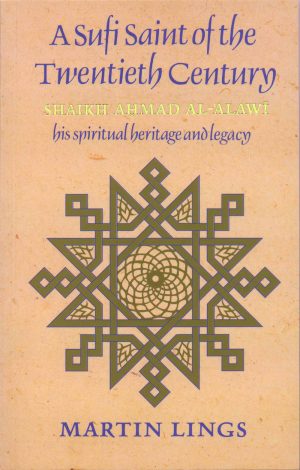Description
A Philosopher for All Seasons is an introduction to the life and thought of the mediaeval Persian polymath Nasir al-Din Tusi (d. 1274). Tusi’s scholarly impact on the history of Muslim theoretical and practical wisdom is comparable only to that of Ibn Sina (Avicenna) who served as a model for Tusi’s philosophical and scientific endeavours. During his eventful and controversial career, Tusi produced invaluable texts on almost all the areas of knowledge of the day. He was as interested in the natural world as well as the human and social domains of religion, ethics, logic, astronomy, economics, politics and the arts.
Tusi’s intellectual orientation was towards crossing boundaries between Hellenic, Peripatetic, Illuminationist, Twelver, Isma’ili and Sufi discourses. In so doing, he contributed to the formation of a fruitful conversation between different intellectual discourses that led to the redirection of Islamic philosophy towards a more synthetic methodology. His contributions to science, and astronomy in particular, made him the link between Ptolemy and Copernicus and earned him the privilege of having a crater of the Moon named after him, ‘Nasireddin’.
Sayeh Meisami is Associate Professor of philosophy at University of Dayton. She has a PhD in Islamic Studies from University of Toronto and a philosophy PhD from Tehran University. She has taught courses on Islamic philosophy and religion in Iran, Canada and USA.






